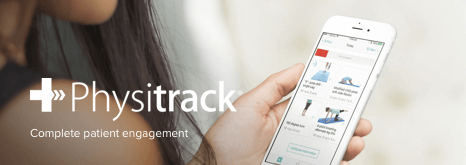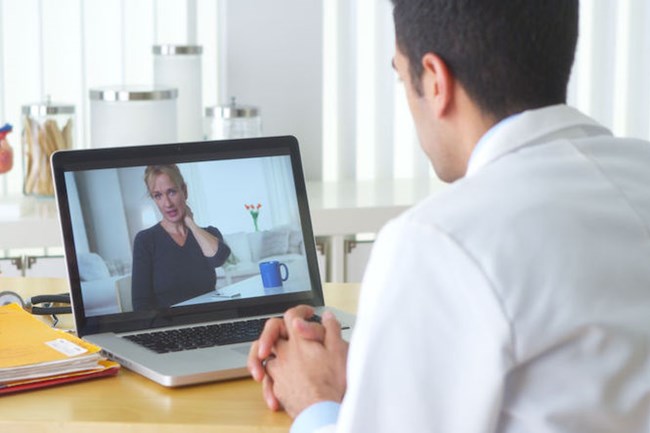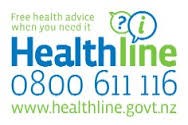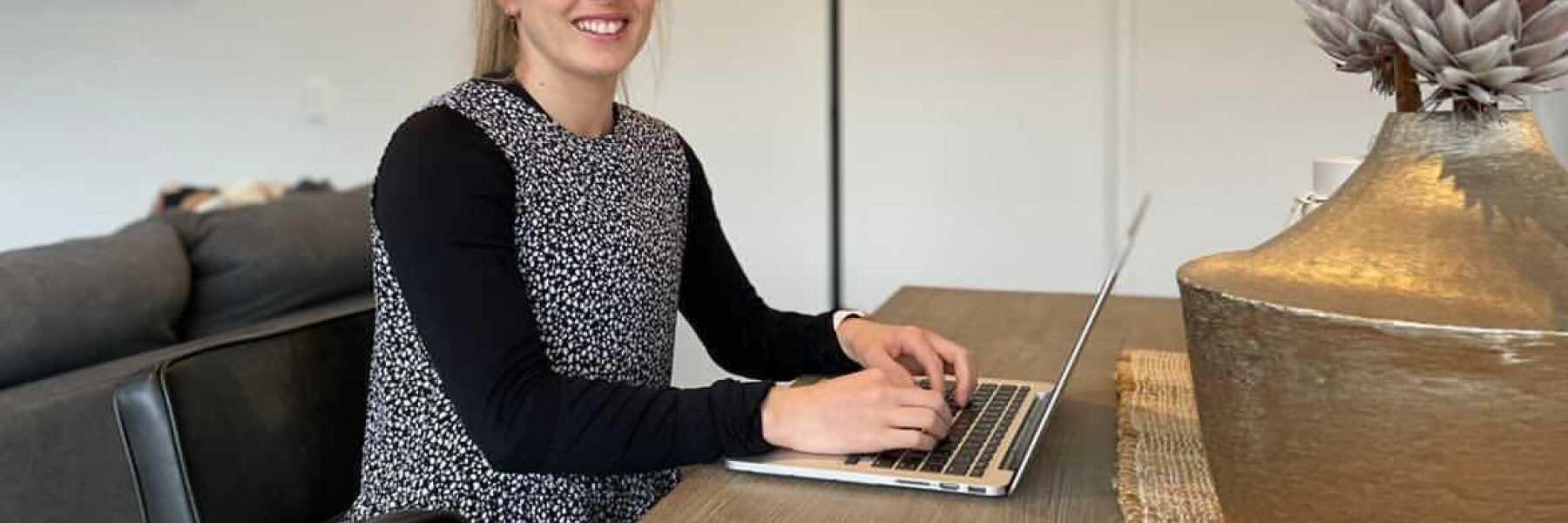 We have been working behind the scenes to provide the option of Telehealth Consults, follow ups and online rehabilitation programming. These consultation are covered by ACC.
We have been working behind the scenes to provide the option of Telehealth Consults, follow ups and online rehabilitation programming. These consultation are covered by ACC.
We have the latest state of the art technology called PHYSITRACK that allows us to work remotely from home right from our computer and phone’s to yours.

How it works
We send you a email with a link to download the Physitrack App to your Smart phone or Desktop. Once the app is installed we can call you direct, allowing an interactive consult. After our consult we develop your own individual rehabilitation program which will be sent direct to you email with Key information on your injury along with pictures and videos of your program.

So don’t be shy and get in touch. Fire us through a call or a email and we can see how we can help.
And REMEMBER we can Lodge ACC claims direct here at M3 and refer on for further investigations as needed, so help unload your local GP and touch base with your local physio to help with your injury and pain.
Frequently Asked Questions
-
Telehealth or virtual healthcare provides a way of having an appointment with your without seeing them in person. It’s sometimes also called e-consultation.
It might involve:
- Sending messages via your patient portal
- Emailing, texting or having a phone call with your physiotherapist
- Having a video call where you can see your physiotherapist and talk about your condition just as you would if you were in the same room.
Benefits include:
- Removing the risk of catching or spreading germs
- Reducing time and costs involved with travelling to an appointment
- Not having to leave the house when you are feeling unwell.

-
Different health professionals will have different approaches to what or who they communicate with using these technologies. This depends upon their level of experience and what facilities they have available to them, and to you.
-
 These consultation are covered by ACC, and for the duration of the lock down we are wavering our co-payment fee
These consultation are covered by ACC, and for the duration of the lock down we are wavering our co-payment fee -
Yes, your health professional will keep your information secure and safe, and will treat the information you share with them in the same way as they normally would if you were to see them in person.
-
As your health professional will not be able to examine you, sometimes you may be asked to examine yourself. Sometimes it can help to have someone else you are comfortable with do this for you. This could be a family member, a friend or another health professional.
-
- If you are having a scheduled appointment you are likely to be sent a link by email (sometimes by text). You will need to click on this link. Take care that the link is the one you were expecting from your healthcare professional.
- Make sure you are in a comfortable and private place.
- It’s best if have a hands-free device. If you have a smart phone, find a way to prop it up so that you can move about.
- Make sure that you have tested out your audio. You may need to have a set of earphones to hear well.
- You may want to have a family/whānau member or friend with you. That’s fine – just tell the health professional when you join that they are there.
- Write a list of what you want to talk about and have a pen and paper handy to write anything down if you need to.
- Have all of your medicines with you, either in a list or in the packaging.
- Make sure that there is no one else streaming information from linked-in devices while you are having your consult, eg, if someone is watching a video on the wi-fi network you are using, your video may be poor quality.
-
Telehealth services are secure and the same levels of privacy and security apply to this type of consultation as they normally would for your normal doctor visits.
Since telehealth consults will take place from your own device and home environment, you have a role to play in keeping yourself safe online. Follow the guides from CERT NZ and these tips and advice for good online safety habits.
Check out the instructions on how to use the telehealth service and enable all security and privacy features before you have your first virtual consultation. Some services may have a waiting room so you can test the connection in advance.
If possible, close any other applications or web-browser windows before and during the consultation to avoid performance and security issues. If internet speed is an issue, turning off video might help.

This new way of seeing your physiotherapistand other health providers is part of keeping physical distance from each other as much as possible – something we need to be doing to help keep everyone safe during the COVID-19 pandemic.
-
If you have difficulty getting to your appointments due to cost, mobility issues, living remotely or lack of transport options, telehealth can make it easier for you to get your healthcare needs met.
If you have a communicable disease (one that can be passed on to other people), using telehealth helps to keep other people safe from catching that disease.
It’s also a good option if your appointment is a follow-up rather than a first consultation. It’s a good way to stay in touch with your physiotherapist on a more regular basis if you have a chronic condition.
If you are self-isolating, you must use some kind of telehealth option rather than turn up or expect an in-person visit. Ring first and if more is needed, the healthcare team will advise you what to do.
-
Book online via tab at the top of the page ring the clinic on 09 4388 207
-
When the alert level is back to Level 2, we can open our clinic for in person consultations
-
If you have travelled overseas in the past 14 days, or have been in close contact with someone who has COVID-19, and you think you might have the symptoms of COVID-19, phone your GP Healthline (for free) on 0800 358 5453 (or +64 9 358 5453 for international SIMs).
-
Given the COVID-19 emergency, hospitals and outpatient clinics will also shift to more telehealth consultations. This can save you a lot of time and effort so you will probably be pleasantly surprised how well it works.
Support for COVID-19
- The dedicated Healthline COVID-19 support number is 0800 358 5453 *(most importantly for people who have arrived from overseas and have developed symptoms of fever, cough or shortness of breath)
- Call your GP if you are concerned about symptoms and think you might have COVID-19
- If you are self-isolating, register with Healthline online
- Please don’t call Healthline with non-health-related questions about COVID-19. They are under huge pressure and need to keep the phone lines free for health-related concerns.
- You can call the 0800 Government Helpline on 0800 779 997 (9am to 5pm, 7 days a week) for non-health-related concerns, such as to find out what help may be available, who to contact for help, or for more information
- Key information can be found at covid19.govt.nz or follow the Ministry of Health’s Facebook page or Twitter channel for the latest updates
Please don’t call the main Healthline number 0800 611 116 about COVID-19. We need to keep this line available for people who have other health concerns.

